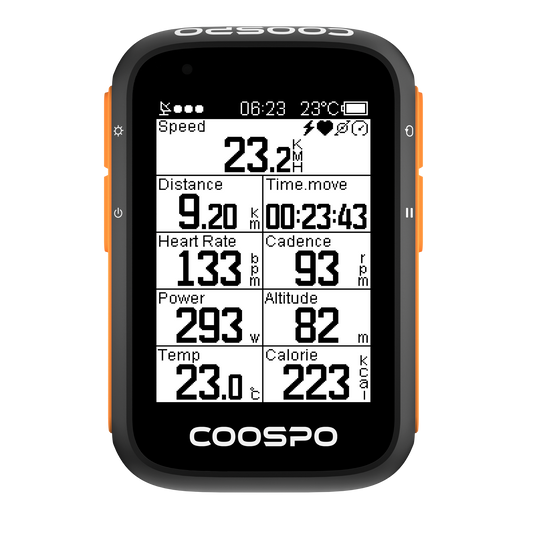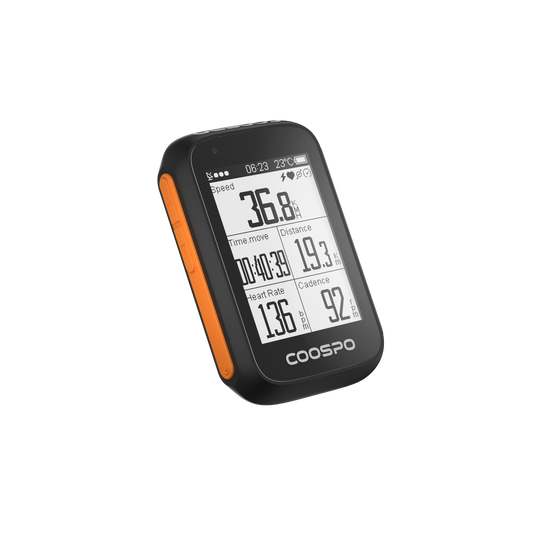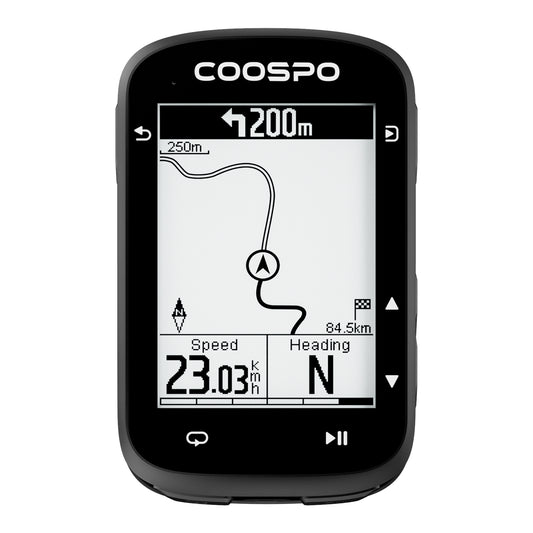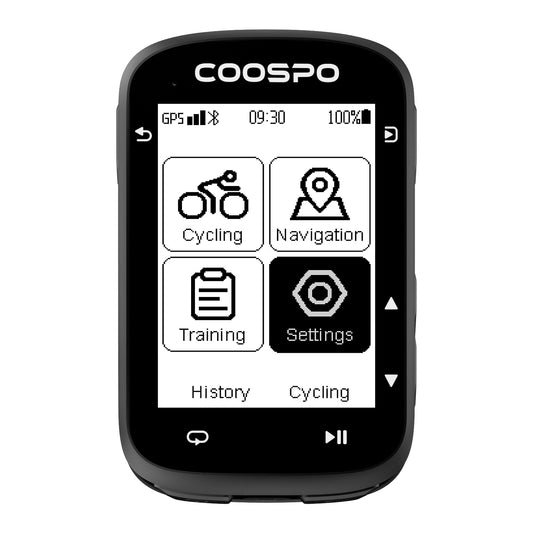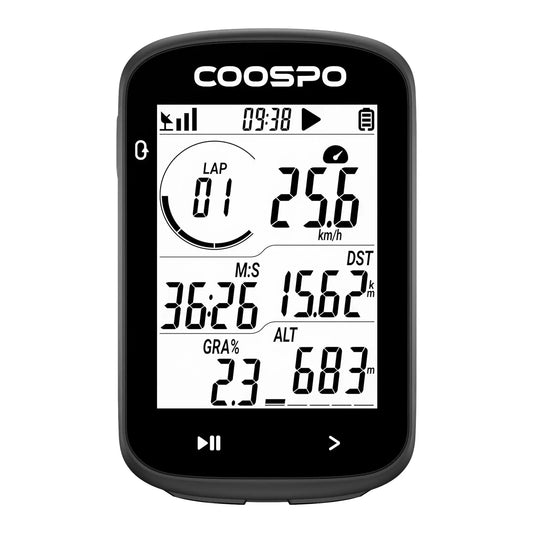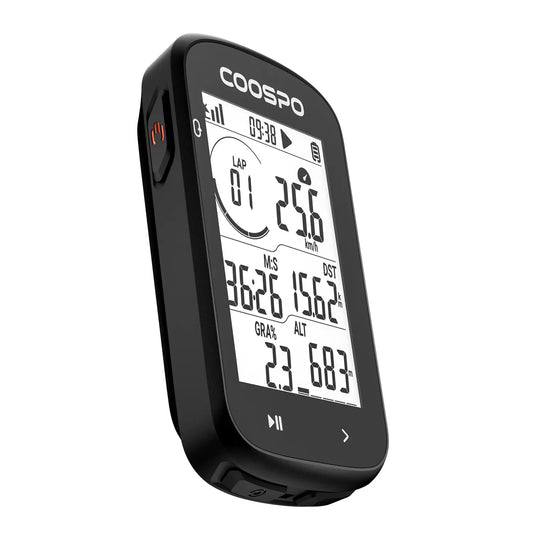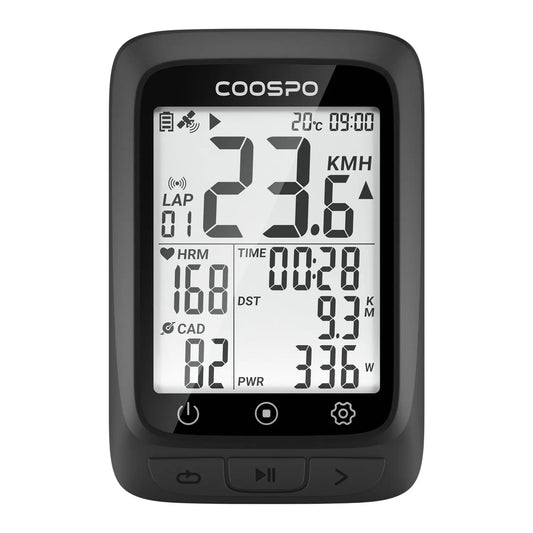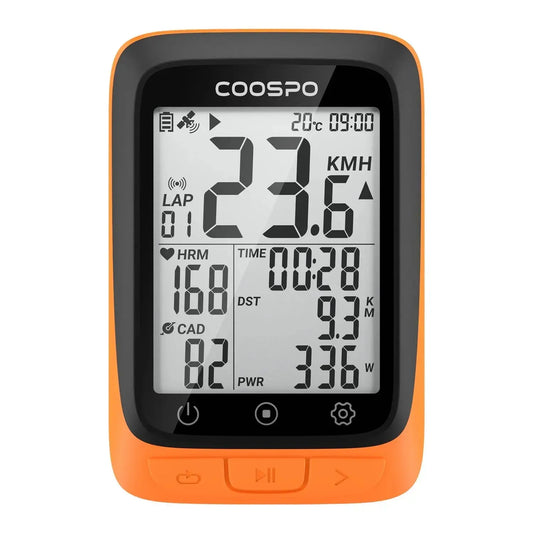Alles, was Radfahrer über Koffein wissen müssen
Alles, was Radfahrer über Koffein wissen müssen
In der Welt der Sporternährung ist Koffein eine viel erforschte und diskutierte Substanz. Es gilt als die weltweit beliebteste Droge und hat das Interesse von Sportlern und Fitnessbegeisterten geweckt.
Der Zusammenhang zwischen Koffeinkonsum und Leistung hat insbesondere Radfahrer fasziniert. Kaufen Sie auf dem Weg zu einer Radtour eine Tasse Kaffee? Denken Sie darüber nach, Koffein in Ihrem Radsportalltag bewusster einzusetzen?
1. Wie Koffein Ihren Körper beeinflusst
Koffein, ein natürliches Stimulans in Kaffee, Tee und Energydrinks, steigert die Aufmerksamkeit und reduziert die Anstrengung beim Sport. Wenn Sie es konsumieren, wird es schnell vom Körper in den Blutkreislauf aufgenommen und wirkt sich hauptsächlich auf Ihr zentrales Nervensystem aus. Es blockiert Adenosinrezeptoren, verhindert Schläfrigkeit und löst die Freisetzung von Neurotransmittern wie Dopamin und Noradrenalin aus, die die Konzentration und Erregung steigern. Es kann Nebenwirkungen wie eine erhöhte Herzfrequenz und ein leichtes Gefühl der Euphorie verursachen.
Koffein stimuliert die Freisetzung freier Fettsäuren aus dem Fettgewebe und stellt so eine zusätzliche Energiequelle bei Ausdaueraktivitäten dar. Die Wirkung tritt 15–45 Minuten nach dem Verzehr ein und kann bis zu 6 Stunden anhalten, variiert je nach individueller Verträglichkeit.
Mehrere Studien haben die spezifischen Mechanismen aufgezeigt, durch die Koffein die körperliche Leistungsfähigkeit steigert. Einer Studie im Journal of Applied Physiology zufolge kann Koffein Sportlern dabei helfen, länger und intensiver zu trainieren. Dies liegt daran, dass Koffein das Anstrengungsgefühl bei körperlicher Aktivität verringert. Diese Studie zeigt auch, dass Koffein die Muskelkontraktilität beeinflussen kann, was möglicherweise zu einer verbesserten Leistungsabgabe bei intensiven Radfahreinheiten führt.
2. Der Einfluss von Koffein auf Ihre Leistung
Radfahrer können von Koffein in vielerlei Hinsicht profitieren. Studien haben gezeigt, dass moderate Mengen Koffein die Ausdauer verbessern und das Training leichter erscheinen lassen können. Eine Studie des Journal of Applied Physiology ergab, dass Radfahrer, die vor einem Zeitfahren Koffein zu sich nahmen, viel bessere Leistungen zeigten als diejenigen, die ein Placebo erhielten.
Darüber hinaus wurde festgestellt, dass Koffein den Abbau und die Verwendung von Fett im Körper fördert. Dies hilft, bei Ausdauerübungen Muskelkraftstoff zu sparen, was einen Stoffwechselvorteil bietet. Dieser Vorteil kann besonders bei langen Radtouren hilfreich sein und Radfahrern helfen, energiegeladen zu bleiben und Müdigkeit zu reduzieren.
Einige Studien lassen darauf schließen, dass bei maximalen Anstrengungen keine Verbesserung eintritt, die meisten zeigen jedoch eine geringe Auswirkung auf die Ausdauer, die im Durchschnitt bei etwa 3 % liegt.
Eine systematische Übersicht, die im International Journal of Sport Nutrition and Exercise Metabolism veröffentlicht wurde, hob die positiven Auswirkungen von Koffein auf die Leistung beim Radfahren hervor. Der Konsum von Koffein vor oder während des Radfahrens kann zu einer verbesserten Zeitfahrleistung, einer erhöhten Leistungsabgabe und einer verbesserten Ausdauerleistung führen. Die Autoren betonten, dass Koffein Radfahrern helfen kann, ihre Leistung beim Training und bei Wettkämpfen zu verbessern.
3. Nebenwirkungen und Missverständnisse
Trotz seiner potenziellen Vorteile kann der Konsum von Koffein auch Nachteile haben. Der häufigste und bedeutendste Nachteil von Koffein ist, dass es den Schlaf stören kann. Dies kann von Person zu Person unterschiedlich sein. Da Koffein lange Zeit in Ihrem Körper verbleibt, kann Koffein später am Tag Ihre Schlafqualität beeinträchtigen.
Zu viel Koffein kann Nebenwirkungen wie erhöhten Herzschlag, Unruhe, Schlafstörungen und Magenprobleme verursachen.
Regelmäßiger Koffeinkonsum kann zu einer Toleranz führen. Wenn Sie plötzlich aufhören, Koffein zu konsumieren, können Sie spürbare Auswirkungen verspüren. Müdigkeit, Kopfschmerzen, Reizbarkeit und Konzentrationsschwierigkeiten sind häufige Symptome eines Koffeinentzugs.Bei regelmäßigen Kaffeetrinkern können diese Symptome auftreten, wenn sie abrupt aufhören.
Koffein kann die Aufnahme bestimmter Nährstoffe wie Eisen durch den Körper erschweren. Dies ist ein Problem für Sportler, da es die Eisenaufnahme um 90 % verringern kann. Außerdem beeinträchtigt es die Verarbeitung von Kalzium, Vitamin D, Vitamin B und Mangan.
Glücklicherweise sind diese Effekte nur von kurzer Dauer und lassen bei niedrigeren Dosen nach. Es ist wichtig, Koffein in Maßen zu konsumieren und Vitamine und Nahrungsergänzungsmittel mindestens eine Stunde nach der Einnahme von Koffein einzunehmen, um unerwünschte Wechselwirkungen zu minimieren.
Die Verträglichkeit von Koffein ist bei jedem Menschen unterschiedlich. Manche Sportler fühlen sich schon bei kleinen Mengen unruhiger und nervöser. Radfahrer sollten ihren Koffeinkonsum kennen.
Es wird empfohlen, beim Koffeinkonsum ausreichend Wasser zu trinken, um mögliche harntreibende Wirkungen auszugleichen und den Körper mit Flüssigkeit zu versorgen. Der Verzehr von Kohlenhydraten und Proteinen vor einer Fahrt kann die Wirkung von Koffein auf Ihren Blutzucker regulieren. Dies kann Ihnen beim Radfahren eine konstante Energieversorgung bieten.
4. Tipps zum Koffeintraining
Das American College of Sports Medicine (ACSM) betont die Bedeutung individueller Ernährungsstrategien für Sportler, zu denen auch die Berücksichtigung des Koffeinkonsums gehört. ACSM empfiehlt Sportlern, über die Vor- und Nachteile von Koffein nachzudenken. Sie sollten dann ihre Koffeinaufnahme basierend auf ihren Trainingszielen und der Reaktion ihres Körpers anpassen.
Es ist jedoch wichtig zu beachten, dass Koffein nicht für jeden von Vorteil ist, da die Wirksamkeit auch von genetischen Faktoren beeinflusst werden kann.
Berücksichtigen Sie Ihre aktuelle Koffeinaufnahme. Der optimale Bereich zur Leistungssteigerung liegt bei 3-6 mg/kg Körpergewicht (etwa 300 mg für einen 68 kg schweren Sportler), mit einer täglichen Obergrenze von etwa 400 mg.
Es ist erwähnenswert, dass eine gewisse Toleranz gegenüber Koffein dessen Wirkung beeinflussen kann. Wenn Sie bereits eine beträchtliche Menge Kaffee konsumieren und spürbare Vorteile erleben möchten, kann es von Vorteil sein, Ihren täglichen Koffeinkonsum insgesamt zu verringern.
Timing
Koffein erreicht seinen höchsten Wert in Ihrem Blut 30 bis 60 Minuten nach dem Konsum und körperliche Betätigung kann seine Wirkung leicht verstärken. Wenn Sie mit der Einnahme von Koffein bis zu Ihrem Rennen oder Ihrer Trainingsfahrt warten, können die Auswirkungen stärker spürbar sein.
Bei längeren Veranstaltungen oder Triathlons empfiehlt es sich, den Zeitpunkt der Koffeinaufnahme zu planen, um den größtmöglichen Nutzen daraus zu ziehen. Wenn Sie Ihr Rennen mit einer großen Menge von etwas beginnen, kann dies später nicht von Vorteil sein. Kleinere und zeitlich gut abgestimmte Mengen könnten jedoch hilfreicher für Sie sein.
Minimale effektive Dosis
Achten Sie immer darauf, wie viel Sie zu sich nehmen, auch Ihren Morgenkaffee. Denken Sie bei der Vorbereitung auf jedes Training daran, wie es sich auf das nächste auswirken könnte. Schlafmangel kann Ihre Erholung verlangsamen und es schwieriger machen, konsequent durchzuhalten, insbesondere während eines mehrtägigen Rennens. Wenn Sie ein hartes Rennen haben und schlecht schlafen, könnten Sie krank werden oder Ihr Training ruinieren.



